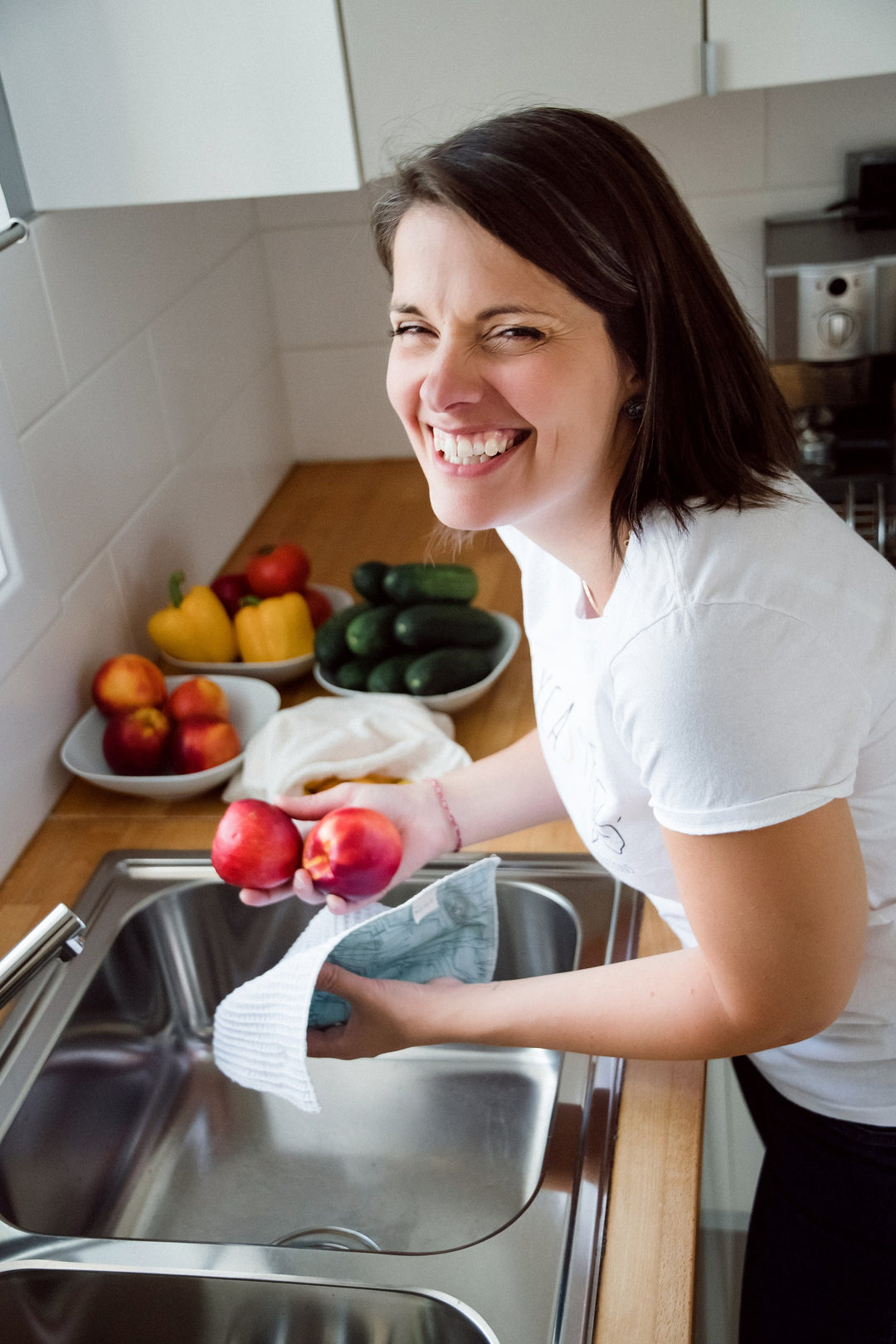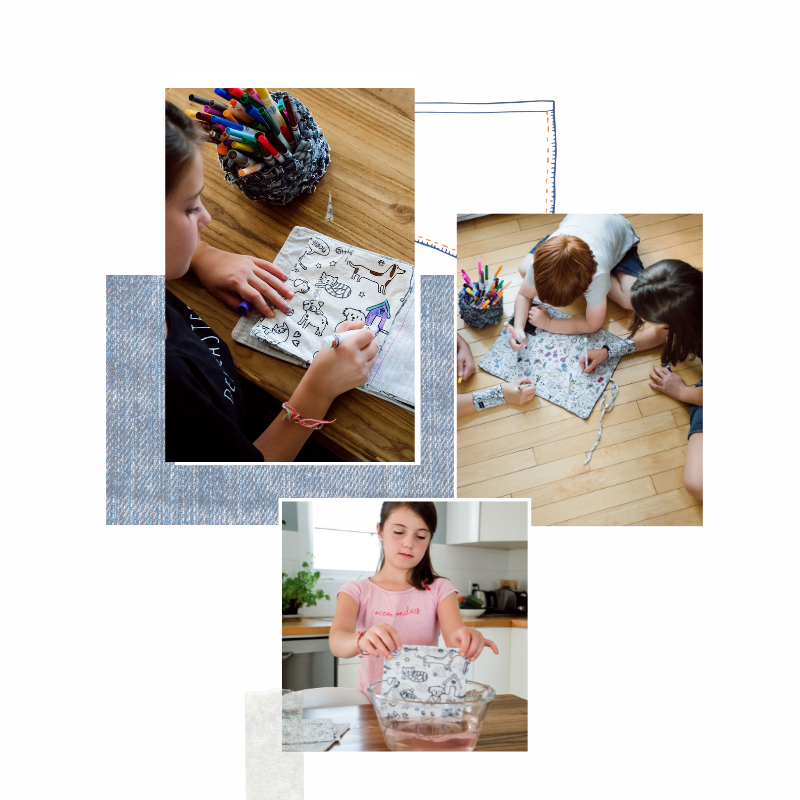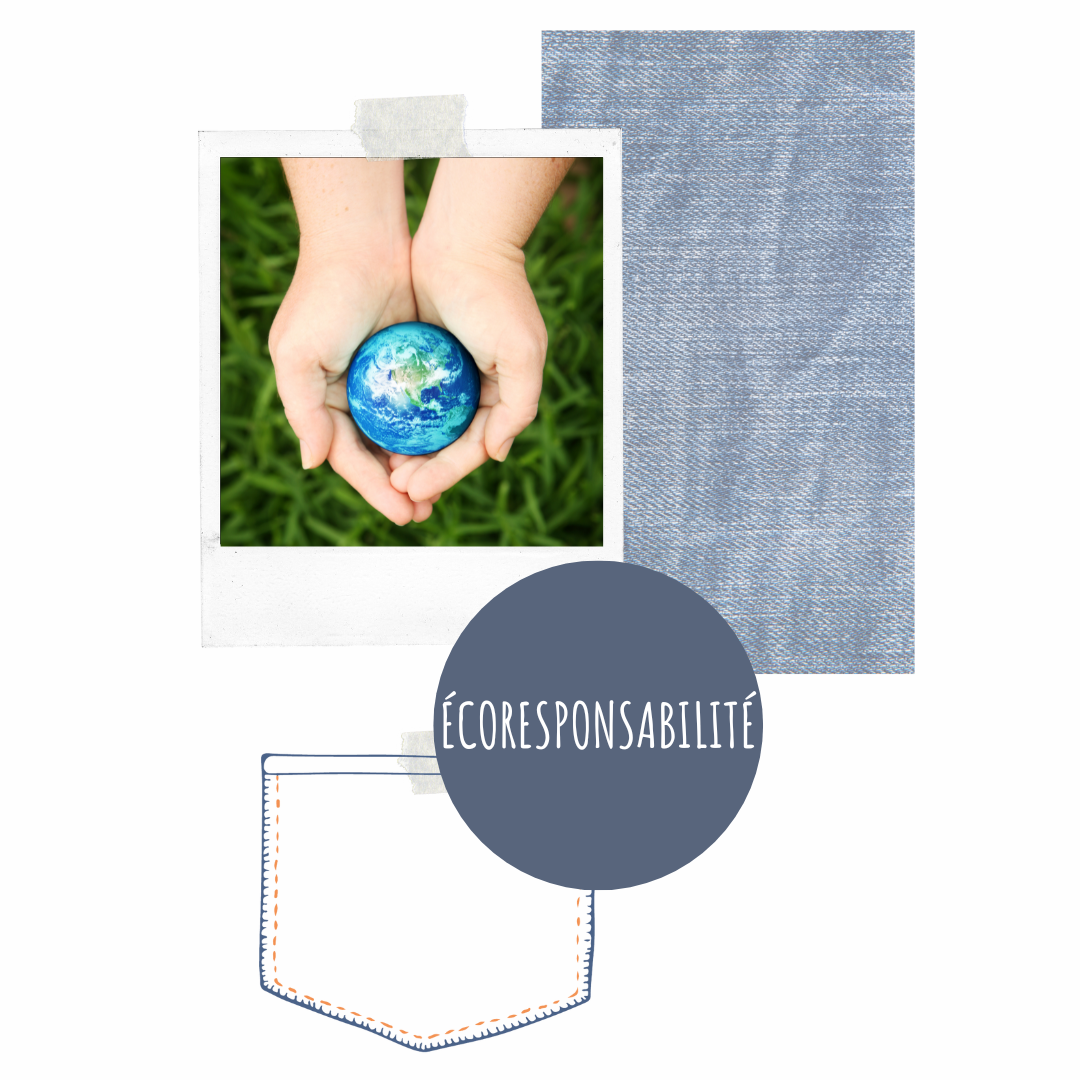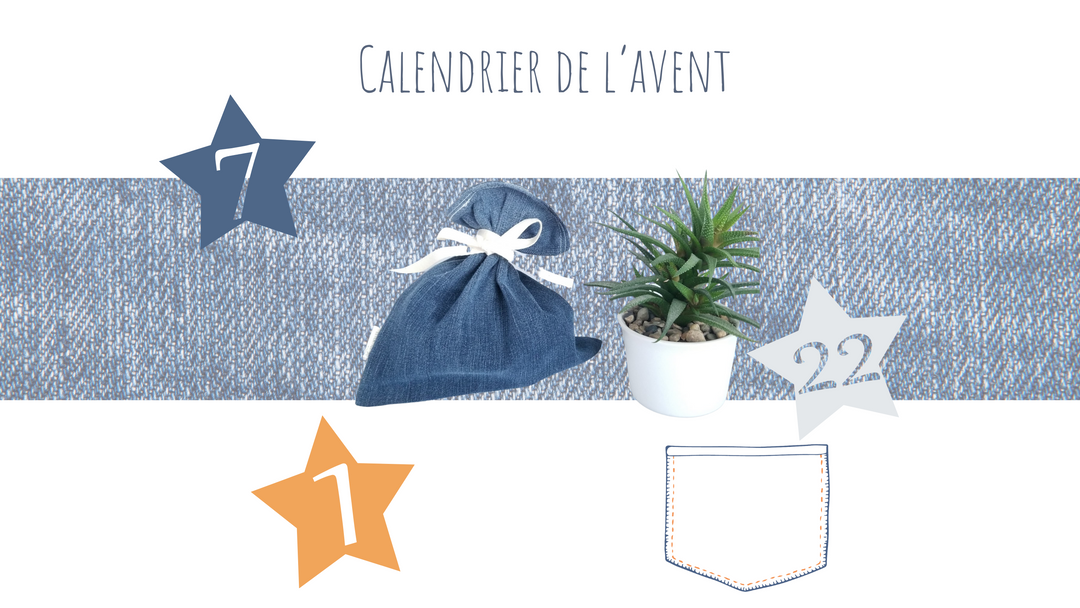Do you compost?


Organic matter or vegetable nature, decompose and recycle thanks to soil organisms which transform them into humus.
Domestic composting is on the same principle. We transform the waste from the house and the garden into a natural fertilizer that resembles humus: compost.
So, we recycle biodegradable materials, we reduce our waste and we fertilize our garden.
There are two types of residue to mix together:
green matter (moist, rich in nitrogen )
brown matter (dry, rich in carbon)
For a super compost, the ideal proportions are to mix about 1/3 of green matter and 2/3 of brown matter . Then aerate and stir the mixture - to facilitate the work of soil organisms. It is also very important to monitor the humidity of the mixture: it should above all not be soggy, but just moist.
Green matter:
Wet waste contains water, very useful in the process. But alone, they settle and suffocate, generating juices and unpleasant odors.
Peelings and leftover fruit and vegetables
Green garden waste: wilted flowers , pruning residue, mowing residue, weeds (without ripe seeds), etc.
Brown matter
Rather carbonaceous waste compost very slowly if it is alone. < / p>
Tea bags, herbal tea and coffee grounds (with filter)
Leftover bread, rice, pasta, legumes
Walnut husks
Crushed eggshells (contain mineral elements and facilitate aeration)
Dried tree leaves (they decompose faster if they are shredded)
Dry grass
Old potting soil
Straw, hay, sawdust, twigs
Newsprint
Animal hair and hair
Materials to avoid
Meat, fish, shellfish and bones
Milk products iers
Fats and oils
Plastic
Metals
Animal excrement and animal litter
Rhubarb leaves
Weeds mounted in seeds or creeping
Plants or diseased leaves
Wood ash
Lime Barbecue briquettes
Contents of the vacuum cleaner bag
Lint of the dryer
Materials contaminated with pesticides or dangerous products (for example, wood treaty)

On the ground, to facilitate colonization by worms, insects ... The compost will be placed in a hidden place, in partial shade and under cover wind will be ideal.
Organizations and resources can help you in your process
https://www.recyc-quebec.gouv.qc.ca/citoyens/ organic-materials / domestic-composting
htt ps: //craquebitume.org/compostage-urbain/
This is variable data, but it can take between 3 and 6 months to that the process is complete and that the compost is well decomposed and rich in humus.








Leave a comment